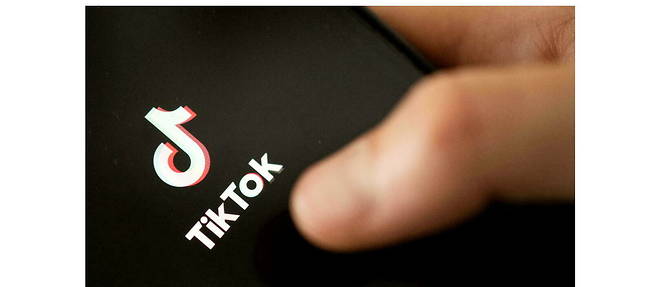Chinese social network TikTok said on Friday (August 4) that it would make changes to its operation to comply with new European Union rules, which will come into effect at the end of August. Among the changes, users will be able to disable the automatic display of content. These changes follow the EU’s Digital Services Act (DSA), which will require internet giants to abide by stricter rules on data privacy, child protection, combating misinformation and of hate speech.
European Commissioner Thierry Breton had asked TikTok in mid-July to “accelerate” its work to comply with these new rules: “At the end of August, we will assess whether real and tangible changes have been made”, he warned.
TikTok, whose parent company is Chinese ByteDance, will now offer the option to disable personalized content recommendations – that is, the automatic feed determined by algorithm according to the user’s presumed interests, a feature often considered addictive .
Instead, users located in the European Union will be able to freely choose to watch popular videos in their region or in other areas of the world, he said in a press release. Other changes aim to make it easier for users to report illegal content and ban targeted advertising to young people aged 13 to 17.
TikTok also assures that it will be more transparent about its content moderation decisions, providing more details on why a video was removed. “We will not only continue to meet our regulatory obligations, but we will also strive to set new standards through innovative solutions,” the group said.
TikTok, an app for sharing short and entertaining videos, has over 1 billion active users worldwide, including 125 million in the EU, and is particularly popular with young people thanks to its editing features and an AI-powered algorithm. But it is suspected by the American authorities and several European countries of not protecting the data enough and of allowing Beijing to spy on and manipulate its users, which the group has always vigorously denied.

